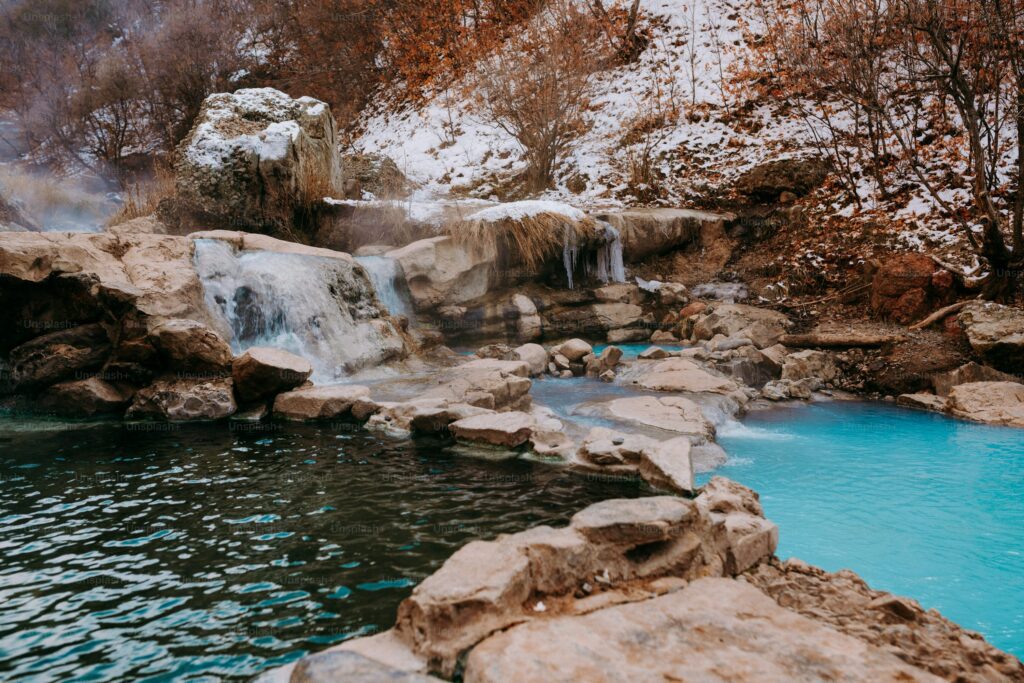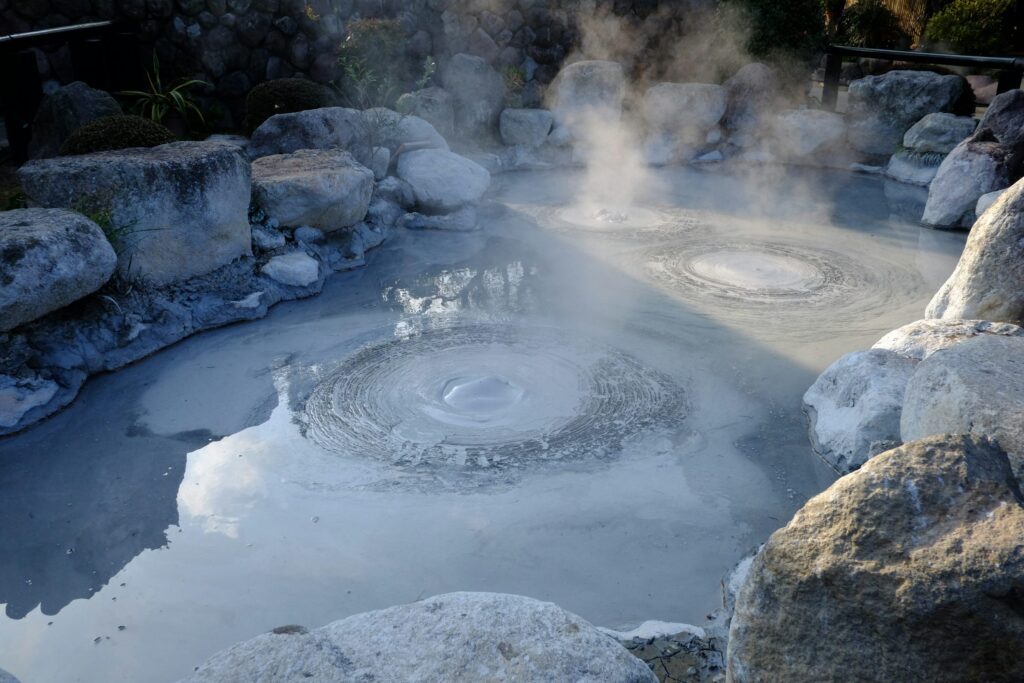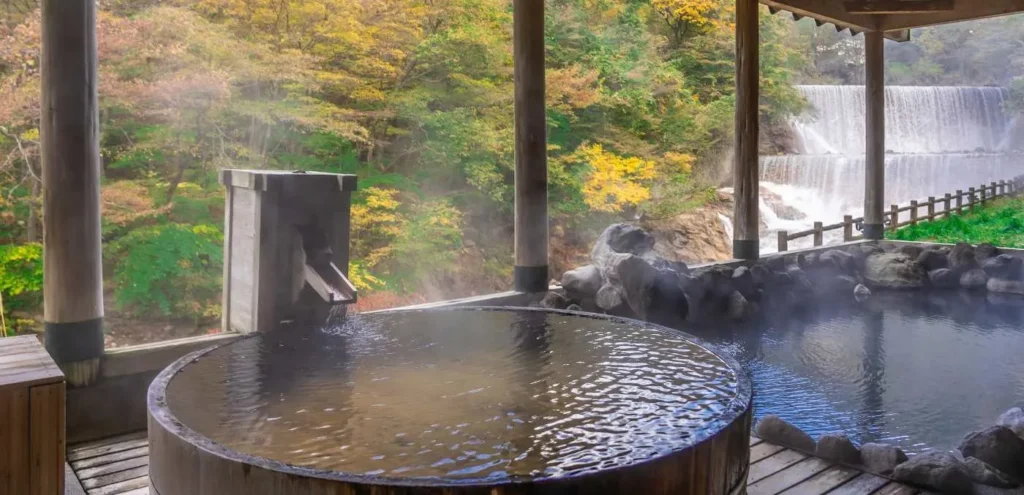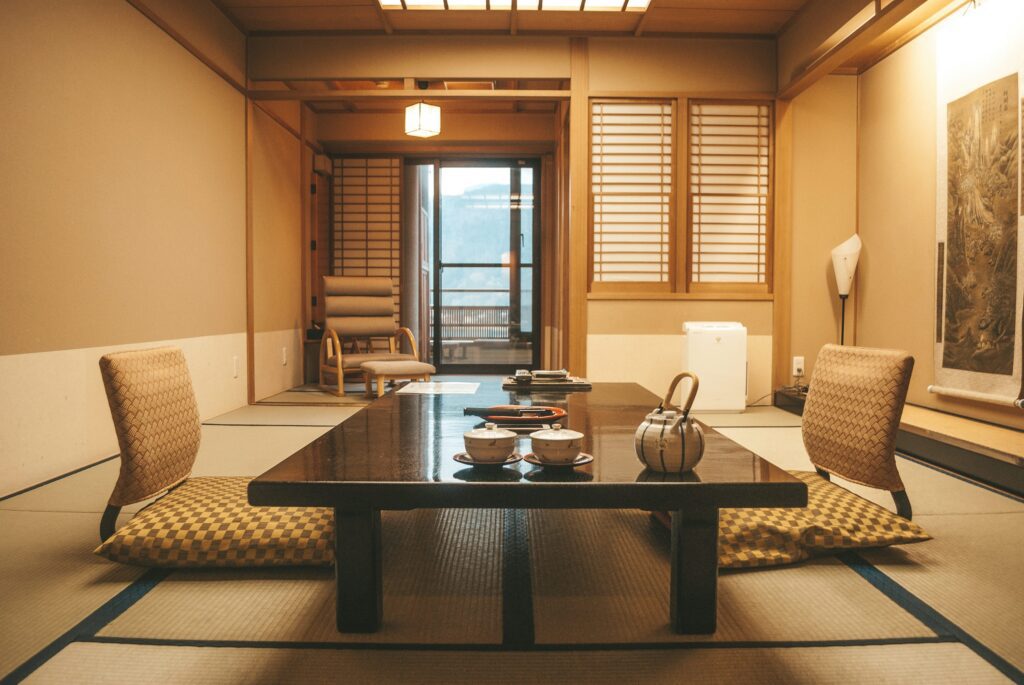Atona, the luxury spa brand will transform the onsen wellness luxury hotels with a higher investment and new hotel openings from 2026.
Japan’s luxury hospitality industry is entering an era of profound transformation, fuelled by the ambitious development of Atona by Hyatt—a new brand of luxury onsen ryokans (Japanese style inn) brand set to launch nationwide.
Atona’s vision, backed by the powerhouse joint venture between Hyatt, Kiraku, and Takenaka Corporation, is nothing less than a reimagining of the ryokan experience for sophisticated global travellers.
Atona’s expansive vision—anchored by major investment, sustainable values, and a deep understanding of local and global travel trends—is poised to reshape Japan’s luxury onsen landscape. Hoshino Resorts’ innovative Kai brand will remain a formidable incumbent, but the arrival of Atona signals renewed vigor, diversity, and world-class competition in one of Japan’s most culturally significant and beautiful industries.
For travelers, the message is clear: the next generation of Japanese onsen ryokans is here, and it offers far more than relaxation—it delivers a journey of culture, rejuvenation, and authentic connection.
What sets Atona apart in Japan’s increasingly crowded luxury onsen sector? Its answer lies in a “small luxury” philosophy focused on intimacy, wellness, and cultural immersion. Unlike larger hotel models, each Atona ryokan is designed to offer profound privacy, individualised hospitality, and a sense of place—key elements for international guests seeking more than a picturesque soak.
Each property promises culinary experiences built around open kitchens and bars featuring seasonal local produce, along with wellness rituals and spa treatments that highlight indigenous ingredients and ancient onsen wisdom.

Each Atona property will offer 30 to 50 beautifully appointed guestrooms, extensive onsen facilities using natural thermal waters, and signature wellness programs that blend time-honored Japanese traditions with modern comforts.
This strategic move positions Atona squarely against Japan’s historic leader in the space: Hoshino Resorts, whose “Kai” brand operates over 23 premium onsen ryokans and has another seven properties in the pipeline.
Hoshino Resorts has established itself as a pioneer in marrying classic Japanese hospitality with contemporary experiential travel, focusing on authentic regional culture, sustainable architecture, and holistic guest experiences.
The company continues to expand, with notable openings like Kai Kusatsu in Gunma and Kai Miyajima in Hiroshima set for 2026, each presenting unique local encounters from textile workshops to rare regional cuisine.
Atona’s market entry signals a new age of competition and innovation. With a massive ¥22 billion impact fund announced in September 2025, Atona’s rollout will focus on iconic destinations such as Yufu (Oita), Yakushima (Kagoshima), and Hakone (Kanagawa)—regions renowned for their breathtaking natural landscapes and mineral-rich hot springs.
The fund’s international partners and investors include MUFG Bank, Cool Japan Fund Inc., and Humble House Hotel, revealing Atona’s intent to drive both tourism and local revitalisation, especially in areas where traditional ryokans are in need of renewal. The brand’s approach is deeply sensitive to preservation and sustainability, balancing the modernisation of aging infrastructure with ESG goals, local employment, and immersive regional storytelling.

Atona’s connection with Hyatt also brings global distribution muscle—44 million Hyatt loyalty members and integrated booking systems open Japan’s regional treasures to millions of savvy travelers who might otherwise miss the subtlety of ryokan living. Branding and management will draw on Kiraku’s vast expertise in regional development and private equity, enabling Atona to identify underappreciated destinations with potential for luxury transformation.
Hoshino Resorts, meanwhile, remains the gold standard for onsen ryokan hospitality. The Kai brand excels at bringing local artisans, regional crafts, and seasonal festivals directly into its guest experience, while new partnerships and ambitious property launches maintain its innovative momentum.
Notable features include dedicated “cultural discovery halls” where guests can engage in hands-on traditional activities, such as wood marquetry in Hakone or textile weaving in Gunma. The brand’s success rests on its ability to reinvent classic ryokan architecture for a global audience, all while preserving revered Japanese rituals like communal bathing, kaiseki dining, and tatami room aesthetics.

For the luxury hotel sector in Japan, the rise of Atona and the continued growth of Hoshino Resorts represent a broader paradigm shift: the onsen ryokan is no longer just a local retreat but a world-class wellness destination. According to recent data, international spending at premium onsen properties rose 28% year-on-year in early 2025, as wellness tourism and “experience-first” travel continue to boom. Increasingly, affluent visitors seek holistic health benefits, hyper-local cuisine, and meaningful cultural connection—not simply luxury for its own sake.
This trend comes with challenges, including labor shortages and rising operational costs, but both Atona and Hoshino Resorts have responded with innovation.
Strategic partnerships, foreign investment, and government subsidies are supporting regional revitalization, training new generations of hot spring innkeepers, and driving sustainability in a traditionally resource-intensive sector. Both brands are leveraging technology—from automated translation and smart climate control to data-driven personalisation—to elevate guest experiences and streamline back-of-house efficiency.
Looking ahead, the competition between Atona and Hoshino Resorts promises to yield even more creative and luxurious projects. Future trends will likely include immersive well-being programs, nature-based retreats, culinary collaborations with celebrated chefs, and expanded eco-architecture, all designed to meet the rising demands of tomorrow’s global wellness traveler.
The intersection of Japanese hospitality, modern luxury, and health-focused lifestyle is setting a new benchmark for Asia’s luxury lodging.




